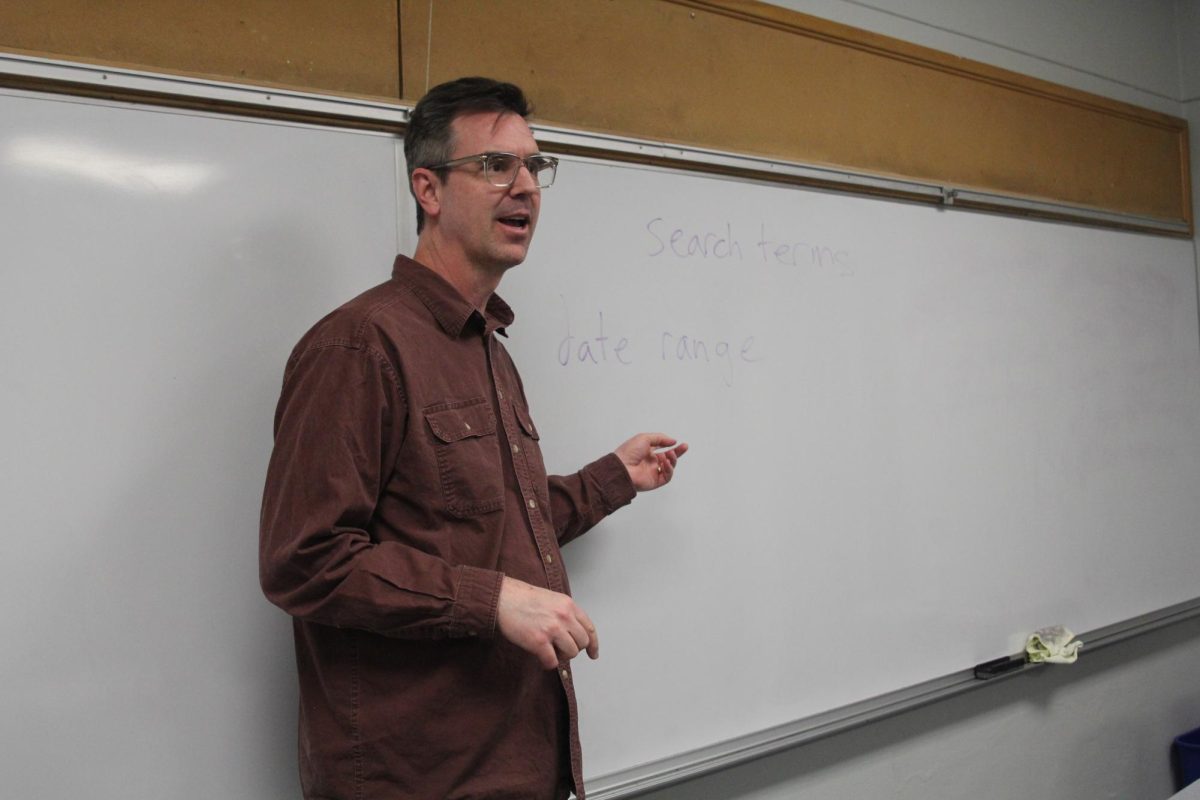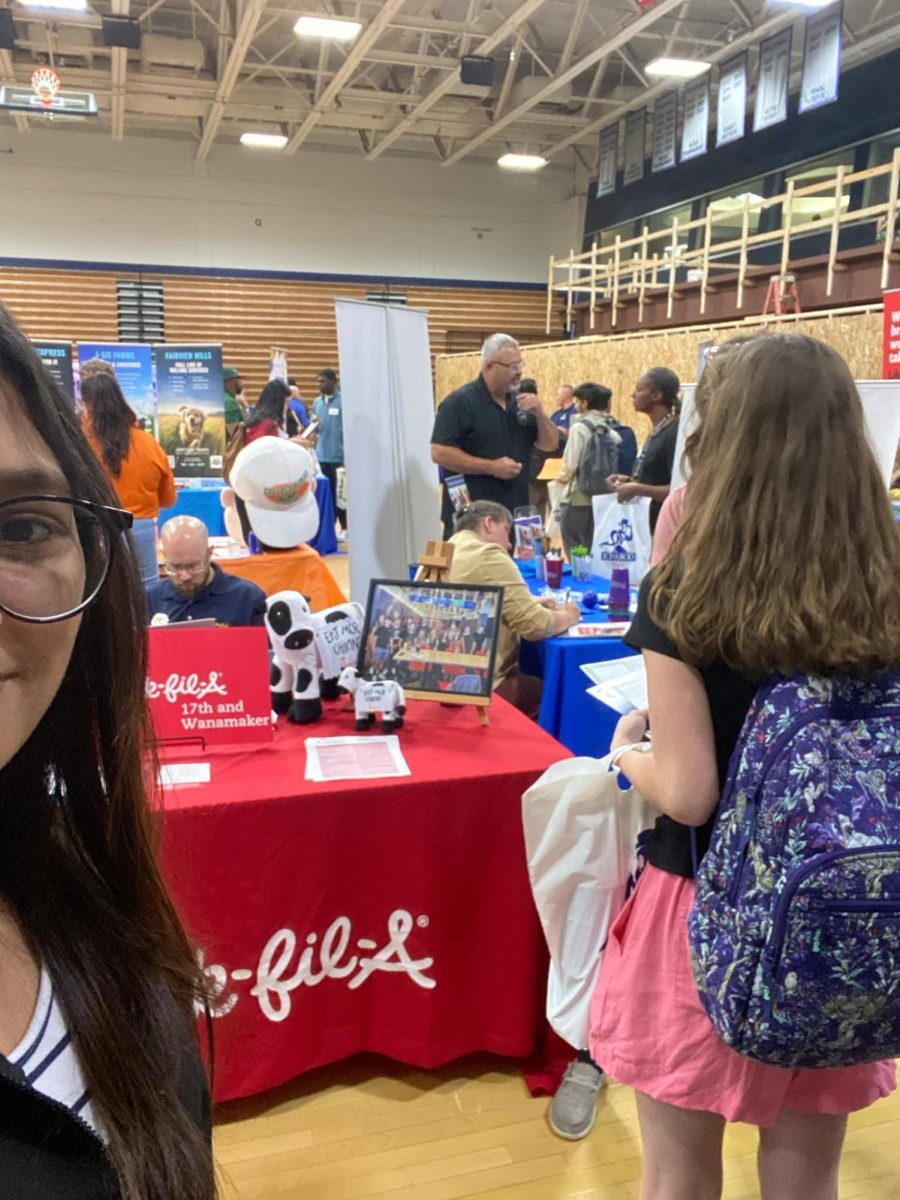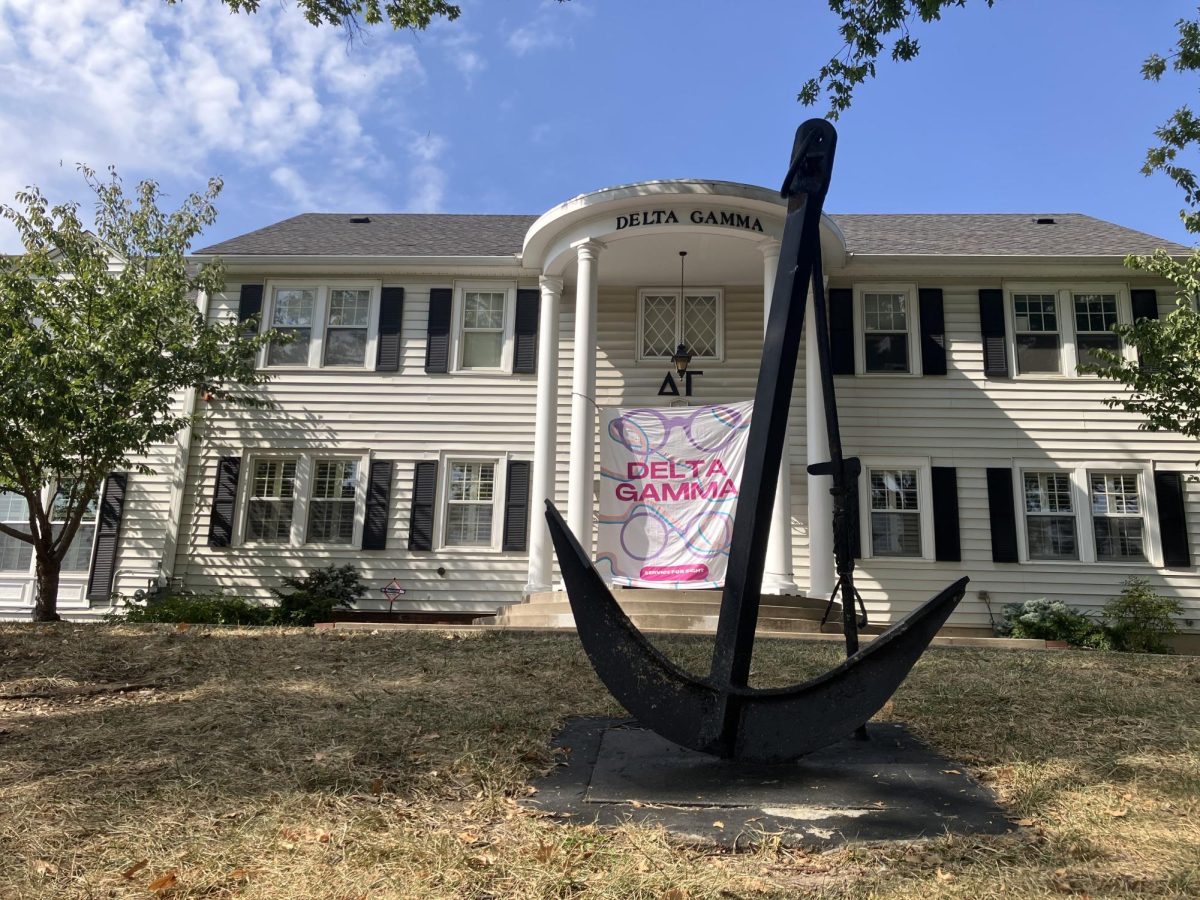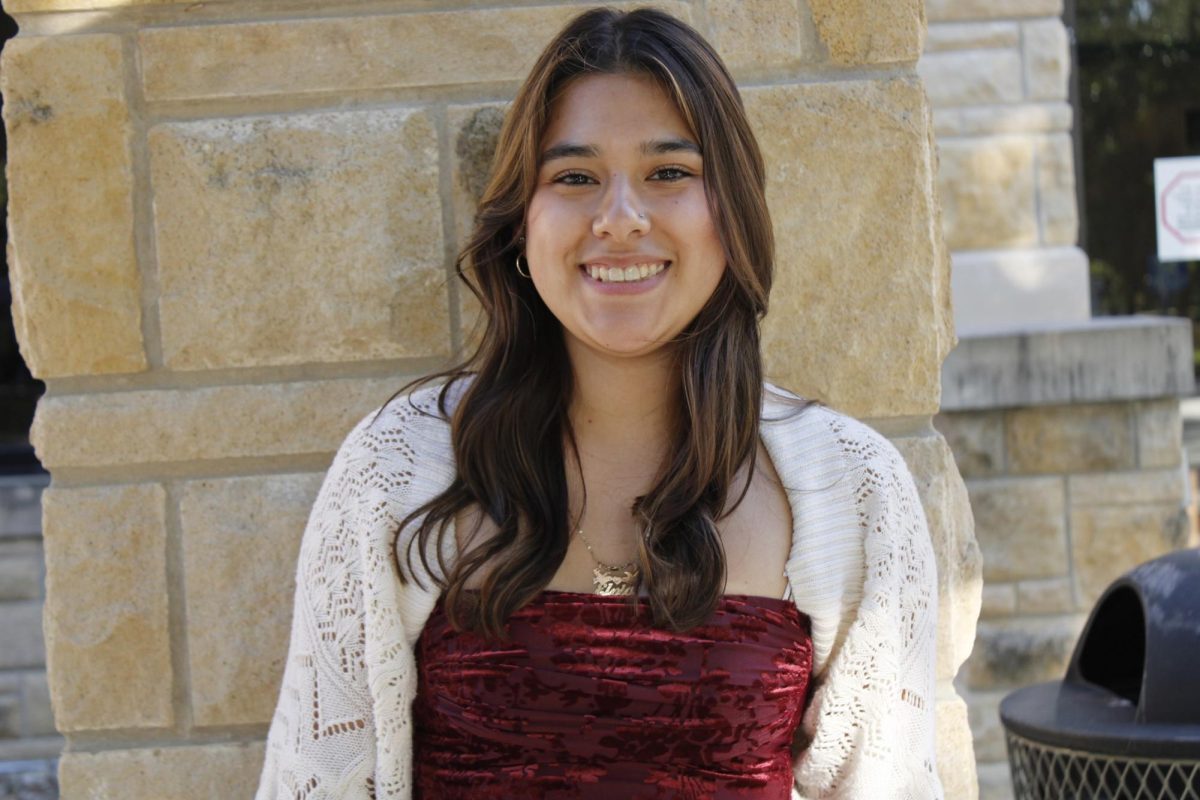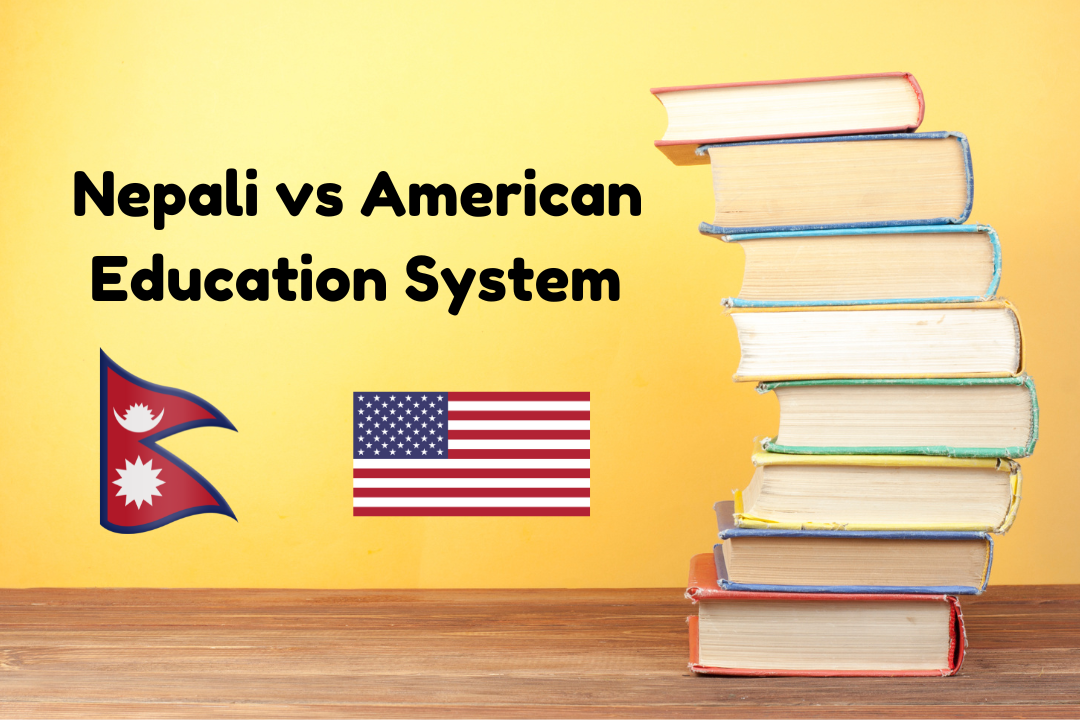Reporters’ note: Allyship is defined as “a strategic mechanism used by individuals to become collaborators, accomplices and co-conspirators who fight injustice and promote equity in the workplace through supportive personal relationships and public acts of sponsorship and advocacy” according to the Harvard Business Review.
This definition is what we will be using in our series as we write about allyship in different relationships throughout Black History Month. In this edition, we are specifically looking at the impact of professors who display allyship. We are excited to share these stories and experiences with you and hope that you find great takeaways in our writing.
As Black History Month passes with each new day, there are several opportunities to bring experiences of previous generations of Black Americans to the forefront and what the current generation aspires to be in their own lives.
One of the primary things in forming allyship is to bring these experiences to the surface and expose the stories to all as a way of giving recognition of their successes and accomplishments. Movements like #MeToo and Black Lives Matter have paved the way to showcase that we must take active participation to make organizations more diverse, transparent and equal.
Here at Washburn, active participation is critical for the success of each student, and professors are an essential element of promoting engagement. They support the idea of bringing experiences of previous generations of Black Americans, what they aspired to be, what they dreamed about and how they were able to accomplish it.
Many students, especially Black students, typically find it difficult to ask questions and ask for help. Professors have noticed this discrepancy of Black students because of the lack of engagement outside of the class. Bruce Mactavish, a history professor, gives his insight on providing a better environment for Black students.
“I do understand that it is challenging to some students who come from a background with a great deal of diversity,” Mactavish said. “I think it is important to develop a one-to-one relationship with all your students and make sure everyone feels welcomed to ask their professors.”
There are groups of faculty and staff at Washburn who help the people who have been negatively impacted in any way. Marc Fried is the General Counsel and works in the President’s office. The university has redrafted the non-discrimination policy since Fried has been at Washburn in order to provide better and more accessible services to the students.
Students can learn more about Washburn policies and services on discrimination here.
“A part of my work is on reviewing policies on campus to ensure the needs of all the students,” Fried said. “We are providing resources in a way that is not going to create difficulties for other people.”
Another key component of being an active ally as a professor is the material content that professors choose to use in their teaching. Eric McHenry, English professor, stresses the importance of using a variety of resources from a diverse group of authors.
“The era where the white man teaches the great white authors […] has passed, and it needs to have passed,” McHenry said. “Not that those authors aren’t valuable, it’s just that they can’t be the whole chorus. We need to have other voices.”
McHenry also said that these materials “can’t be token inclusion either.” There must be intent with the diversity of authors.
“The commitment to it has to be real,” McHenry said. “Professors need to know the material and be immersed in it so that you can teach it authoritatively and help illuminate it for your students, and they can help illuminate it for you, too.”
Using diverse authors allows for more backgrounds to be represented. In McHenry’s case, authors like Sherman Alexie and Langston Hughes are frequently discussed to give all students a viewpoint of different cultures and experiences. But, as McHenry stated, it’s not about meeting the quota. It’s about the intent of diversifying the college experience.
This semester, Washburn’s WUmester focus is on community and belonging. Washburn’s goal is to cultivate that community of success and belonging for all students through a diverse experience. Professors are the first step in that process, being so closely integrated with student exposure. These teachers are the avenue to a world that, for many students, has yet to be explored.
Edited by Aja Carter and Morgan Albrecht





